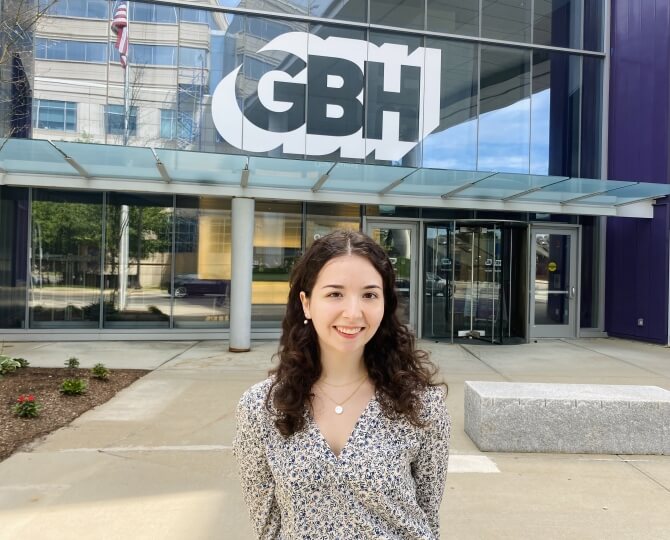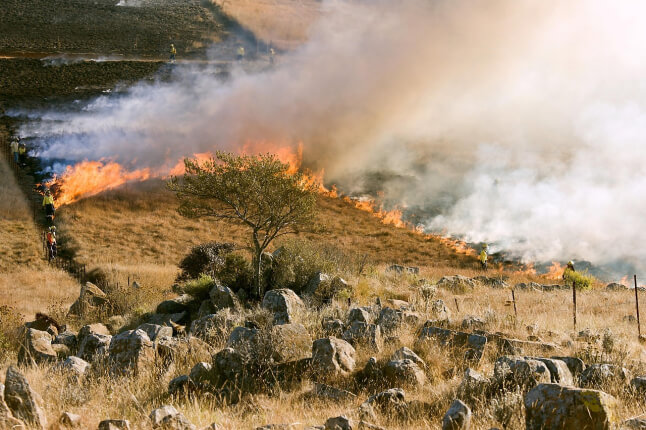News
Dina Zeldin, A.B. '25, spent the summer interning for "NOVA," the long-running PBS science documentary program, at GBH in Boston
Growing up watching “NOVA,” the long-running PBS science documentary program, instilled in Dina Zeldin a passion for scientific storytelling that she brought with her to Harvard. Zeldin, a rising third-year concentrating in applied math and biology at the Harvard John A. Paulson School of Engineering and Applied Sciences (SEAS), joined the Harvard Crimson, and last year became an editor for its magazine “Fifteen Minutes.”
“I’m the only person on our editorial staff who’s studying applied math, but I really like it because storytelling complements my academic work,” Zeldin said. “Writing is so important for science students. Being able to explain what you’re learning and finding in your research is a big part of the job, and creative writing skills can help with that process.”
Zeldin’s summer internship as a research intern for “NOVA” in Boston brought her full circle.
“A lot of episodes are themed around exploration and aim to inspire and awe people for what humanity has discovered and what nature has created,” Zeldin said. “We don't often think of science as ‘feel-good,’ but you definitely get that feeling when you watch a Nova episode.”
As part of the research team, Zeldin was responsible for reviewing upcoming rerun episodes and noting any statements that, due to research published after the episode first aired, are no longer true. When that episode was rebroadcast, any necessary updates uncovered by Zeldin’s work were reflected in cards played at the beginning of the episode.
“It was something small, but it was really cool to know I was part of something bigger,” she said. “It was interesting learning about all the work that goes into making a documentary program, all the different roles people have. With fact-checking, every sentence in an episode probably has 20 citations to it, and I think that’s what makes PBS a trusted source.”
She also got to participate in pitch meetings, where producers submitted montages and proposals for potential segments on the show. Zeldin has heard plenty of pitches with the Harvard Crimson, but broadcast journalism pitches were a new experience.
“In preparation for meetings I’d take notes on various pitches, and then I’d go in and the producers would have the opposite reaction than I had,” she said. “It was really interesting to learn about how they prioritized pitches. At NOVA, they’re really thinking about what their audience wants to see. The ongoing challenge is making something the core audience will love and watch, while also trying to expand the reach to other groups.”
Working at “NOVA” also exposed Zeldin to areas of science she’d never pursued at SEAS. Topics she researched included marine life, space exploration, evolution, health, engineering, archaeology, and climate change.
“I loved getting to learn about so many different things at Nova,” she said. “Most of my classes have been about cell biology and genetics, but this summer I worked on topics like marine life and prehistoric evolution. There’s so much out there that hasn’t been translated into terms most people can understand, and that’s a really valuable skill for anyone working in science and medicine to have.”
Topics: Climate, Environmental Science & Engineering, Undergraduate Student Profile
Cutting-edge science delivered direct to your inbox.
Join the Harvard SEAS mailing list.
Press Contact
Matt Goisman | mgoisman@g.harvard.edu



